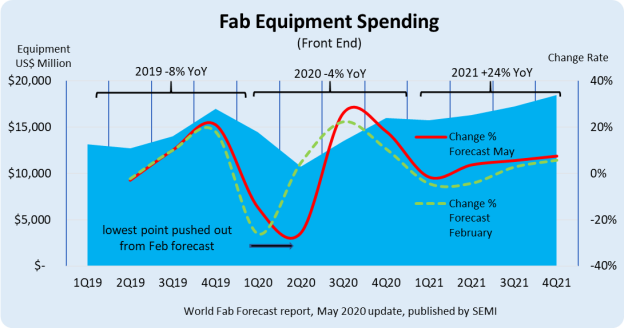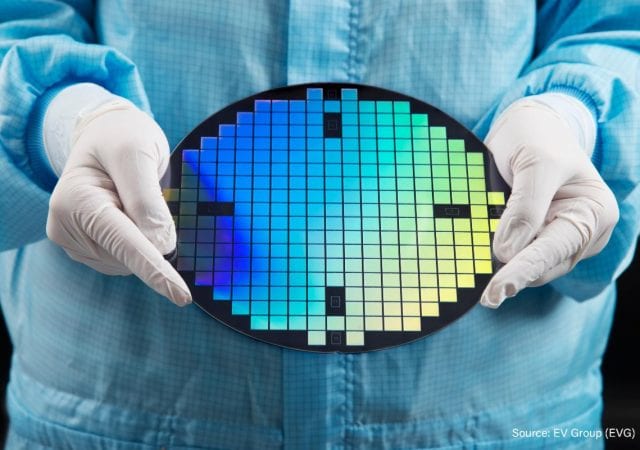Strategy Analytics today said that the new U.S. Government policy announced in May 2020 against Huawei threatens U.S. semiconductor industry exports, innovation, and global leadership.
Semiconductors
SUSS MicroTec and micro resist technology GmbH Partner in Advancing Nanoimprint Lithography
SUSS MicroTec, leading supplier of equipment and process solutions for the semiconductor industry, and micro resist technology GmbH, a leading company for the development and production of innovative photoresists and advanced nanoimprint materials, announced today their cooperation on Nanoimprint Lithography (NIL).
Novel Eco-Friendly Electrochemical Reaction Can Synthesize Useful Semiconductor Materials
In a new study published in Angewandte Chemie International Edition, a research group at Okayama University, including Professor Seiji Suga and Associate Professor Koichi Mitsudo, developed a novel reaction system to synthesize thienoacene derivatives–key building blocks in organic semiconductor synthesis.

Semiconductor Fabs to Log Record Spending of Nearly $68 Billion in 2021 After 2020 Lull, SEMI Reports
2021 is poised to mark a banner year for global fab equipment spending with 24 percent growth to a record US$67.7 billion.
Spontaneous Formation of Nanoscale Hollow Structures Could Boost Battery Storage
An unexpected property of nanometer-scale antimony crystals — the spontaneous formation of hollow structures — could help give the next generation of lithium ion batteries higher energy density without reducing battery lifetime.
Onto Innovation Announces Suite of Three New Metrology Systems for Complete Critical Dimension Process Control
Onto Innovation Inc. today announced the availability of a suite of process control metrology solutions for advanced device manufacturing.
Inseto Appointed to Represent LS Laser Systems GmbH in the UK and Nordic Regions’ Semiconductor, Microelectronics and Other Advanced Engineering Industries
Inseto, a leading technical distributor of equipment and materials, has been appointed by Germany-headquartered LS Laser Systems GmbH to distribute its products in the United Kingdom, Denmark, Finland, Iceland, Norway and Sweden.
STMicroelectronics Joins the Silicon Catalyst Ecosystem
Silicon Catalyst, the world’s only incubator focused exclusively on accelerating solutions in silicon, and STMicroelectronics (NYSE: STM), a global semiconductor leader serving customers across the spectrum of electronics applications, jointly announce that ST has joined Silicon Catalyst as both a Strategic and In-Kind Partner.

Sampling of 2Q Semiconductor Sales Guidance Now At -5%
Six companies expecting an increase in 2Q sales; 15 anticipating a decline or flat sales.
Camillo Martino Succeeds Nader Tavakoli as Chairman of the Board of MagnaChip Semiconductor
MagnaChip Semiconductor Corporation today announced the appointment of Camillo Martino as its new non‑executive Chairman of the Board of Directors (the “Board”), effective June 11, 2020, immediately following MagnaChip’s upcoming Annual Meeting of Stockholders.